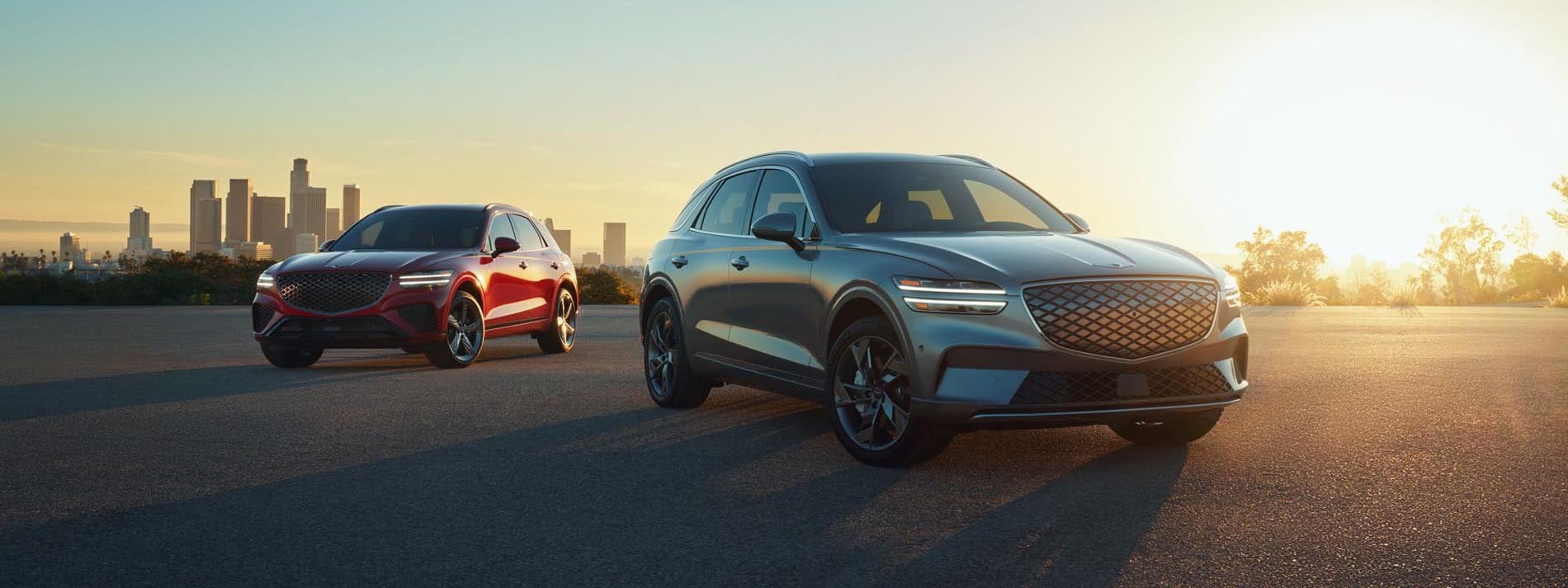

So, you’ve decided to invest in an electric vehicle (EV). That’s great! You’re no longer relying solely on fossil fuels to power your car. Instead, your EV runs on a lithium-ion battery that has a very small carbon footprint, and we’re willing to be you’ll notice the fuel savings almost immediately. But if you want your EV to run well for a long time, you have to take good care of that lithium-ion battery. So how do you do that?
Let’s look at how an EV’s battery works and some tips for maximizing its lifespan.
How Different EV Batteries Work
At present, EVs and hybrid vehicles on the market can use one of three different types of batteries. These battery types are:
- All-electric vehicle batteries: This type of battery powers the new G60, an all-electric Genesis model. It’s charged directly by a charger, and no other source—there is no gas engine to speak of.
- Plug-in hybrid EV (PHEV) batteries: These batteries are powered by both an electrical charger and a gas-powered internal combustion engine (ICE). The battery is powerful enough to power the car on its own for a certain period of time, and then the gas engine takes over once it’s drained. Afterward, the vehicle will need to be plugged in to charge the battery.
- Hybrid EV (HEV) batteries: These batteries don’t require being plugged into a charger. Instead, they charge when the car’s gas engine takes over at higher speeds. That’s because this type of EV battery operates the vehicle when it runs at lower speeds.
EV batteries are supposed to last about 100,000 miles, and while the majority of EV batteries do last a good long while, proper maintenance is key to making sure your battery lasts as long as it can. That includes being aware of potential problems and understanding the basics of EV maintenance.
Possible Battery Problems to Watch For
When you have an EV, you may not have the same problems that vehicle owners with ICE vehicles do, but issues can still arise. Here are some problems that might pop up that could damage your vehicle’s battery:
- Full charge and full discharge can damage your battery by making it run with too much or too little power.
- Exposure to extreme temperatures can harm your EV battery’s ability to charge and discharge.
- Battery overheating is a possibility, and it could escalate into full-on fires if this problem isn’t caught quickly. While this is typically a very rare issue, it does happen when batteries aren’t properly maintained for a prolonged period of time. Hybrids and ICE vehicles are still much more likely to catch fire than all-electric vehicles are, though, according to Car & Driver.
Thankfully, these problems aren’t inevitable. Good maintenance can help you prevent these problems from happening.
Ways to Maintain Your EV Battery
Overall, EV batteries are pretty low maintenance, but like any other vehicle, you should have your EV periodically serviced. Then your service center technician can examine your vehicle and look for signs of overheating and let you know if it’s been charged well. Another way to maintain your EV’s battery is to park your vehicle in a garage or car port to minimize the impact of extreme weather, such as intense heat and humidity, on it.
Of course, another great way to ensure your battery lasts a long time is by depending on a brand like Genesis, which offers some of the best battery warranty coverage available.
Take Care of Your Genesis EV’s Battery in Miami
If you have a Genesis EV and you want to have it serviced, contact our service department today. Our certified technicians can perform battery tests and other services to make sure your Genesis EV is running as it should.
We also have special offers on service that can save you money, so be sure to check our website before you stop by. Contact us online or give us a call at (786) 574-3099.